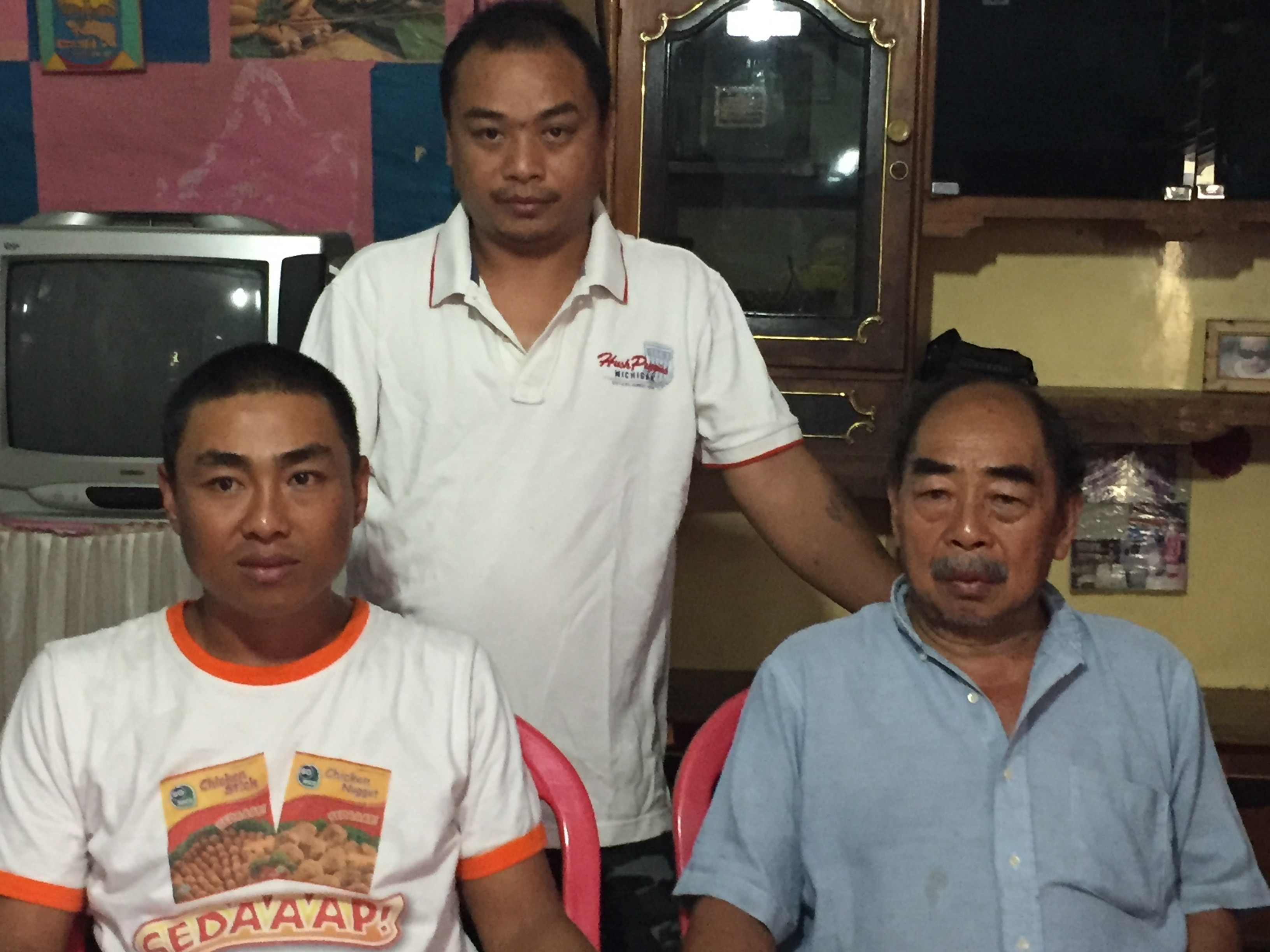- Project Leader:Suzuki Takashi (Freelance Researcher)
- Collaborators:Matsuno Akihisa (Osaka University, Osaka School of International Public Policy)
- Mizuno Kosuke (Kyoto University, Center for Southeast Asian Studies)
- Utsumi Aiko (Osaka University of Economics and Law, Center for Asia Pacific Partnership)
- Furusawa Kiyoko (Tokyo Women’s University, School of Arts and Science)
Outline of Research
The research visually presents the struggle of survivors of Japan’s military sexual slavery (so-called “comfort women”) system during WWII who are now living in Sulawesi, Indonesia. It will focus on how survivors tackled trauma through a long struggle against isolation and helplessness, efforts to reconcile with one’s self, and the ability to gain self-esteem. The study also analyzes the involvement of the community in the survivors’ process of regaining self.
Description
The research team has gathered and analyzed testimonies and materials on the sexual slavery system under the Japanese occupation of South Sulawesi, Indonesia, for the past four years. It has found that survivors are living in isolation and hardship but with a spirit of independence, gentleness, and strong sense of morality. We will gather and record narratives of their post-war lives to document their struggle in the particular context of the Sulawesi society in Indonesia.
The significance of the research lies, firstly, in its holistic approach that incorporates the aftermath of traumatizing events. This fosters a capacity for new understandings of the narratives and memories of survivors of sexual violence. Secondly, the research presents a new mode of expression by using visual media to depict experience. Thirdly, it bridges a gap in studies of sexual slavery by examining the context that the local community provided for the survivors’ struggles. Finally, the research emphasizes the importance of recognizing suffering and pursuing justice in order to enable the recovery of survivors’ lost relationship with society. In so doing, it is expected to have a practical significance not only for victims of the “comfort women” system but also for survivors of sexual violence more widely.


